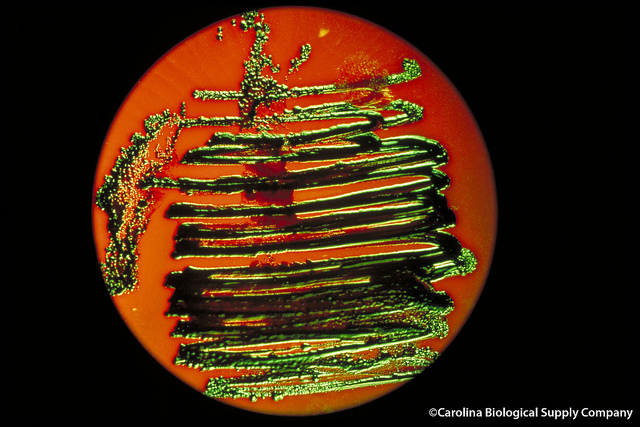The hospital is a place that’s supposed to make us well. However, it can also make us very sick. Individuals who go to the hospital too often end up with severe—and sometimes fatal—infections simply from being there. For aging Americans, the risk is even higher.
Hospital-acquired infections are a major concern for patients, their families, health care administrators—and all personnel who are associated with patient care. Here are some practical tips to better protect both you and your family against hospital-acquired infections.
Officially known as healthcare-associated infections (HAIs), hospital-acquired infections fall into a broader category of infections that patients get while receiving treatment in a health care setting. They can be associated with procedures (like surgery), or devices that are used for treatment—such as invasive catheters.
The overuse of antibiotics greatly contributes to both the existence of HAIs, as well as the inability to treat them effectively. Indeed, the effectiveness of many antibiotics is at serious risk because of their overuse and the consequent emergence of antibiotic-resistant bacteria.
If you receive care in health care settings other than hospitals, you also can get these infections. These include places like outpatient surgery centers, dialysis centers, physician offices, and long-term care facilities.
Two of the most common infections are Methicillin-resistant Staphylococcus aureus (MRSA) and Clostridium difficile (C. difficile). C. difficile caused almost half a million infections among patients in the U.S. in just one year. More than 80 percent of the deaths associated with C. difficile occurred in patients 65 years or older, and many were in nursing homes. Aging Americans are more vulnerable to HAIs because they often have multiple medical conditions and their systems are more fragile and less able to fight off disease.
The problem has become so serious that the White House has developed a strategy to combat antibiotic-resistant bacteria and the U.S. Department of Health and Human Services has developed a national action plan to prevent health care-associated infections.
The good news is that there are a number of steps you can take in the hospital or other health care setting to help protect yourself and your family from getting one of these—or other—infections:
- If possible, choose your hospital carefully; Consumer Reports offers hospital safety ratings on its web site by state at not charge. Medicare also has a web site comparing hospitals that provides information on healthcare-associated infections.
- Ask health care workers to wash their hands before they touch you.
- Ask if equipment has been properly sterilized before it’s used on you.
- Ask questions about antibiotics, including what they are and if you really need them.
- Know how to recognize an infection and ask about suspicious symptoms—such as diarrhea, fever, chills, and redness or drainage at a site.
- Get vaccinated for common ailments that make your body susceptible to infection—according to your doctor’s guidance. (Medicare covers the flu shot, as well as the pneumonia vaccine, and the shingles vaccine.)
- Consider having a health care buddy who can stay with you and advocate for you.
- Stay away from health care settings, if at all possible. Talk to your doctor about whether receiving care at home may be a better option.
For more information on topics related to hospital and health care administration, check out the blog by MHA@GW, the online Master of Health Administration program offered by The Milken Institute School of Public Health at the George Washington University.
_______________________
Here’s more from Just Care:

Leave a Reply